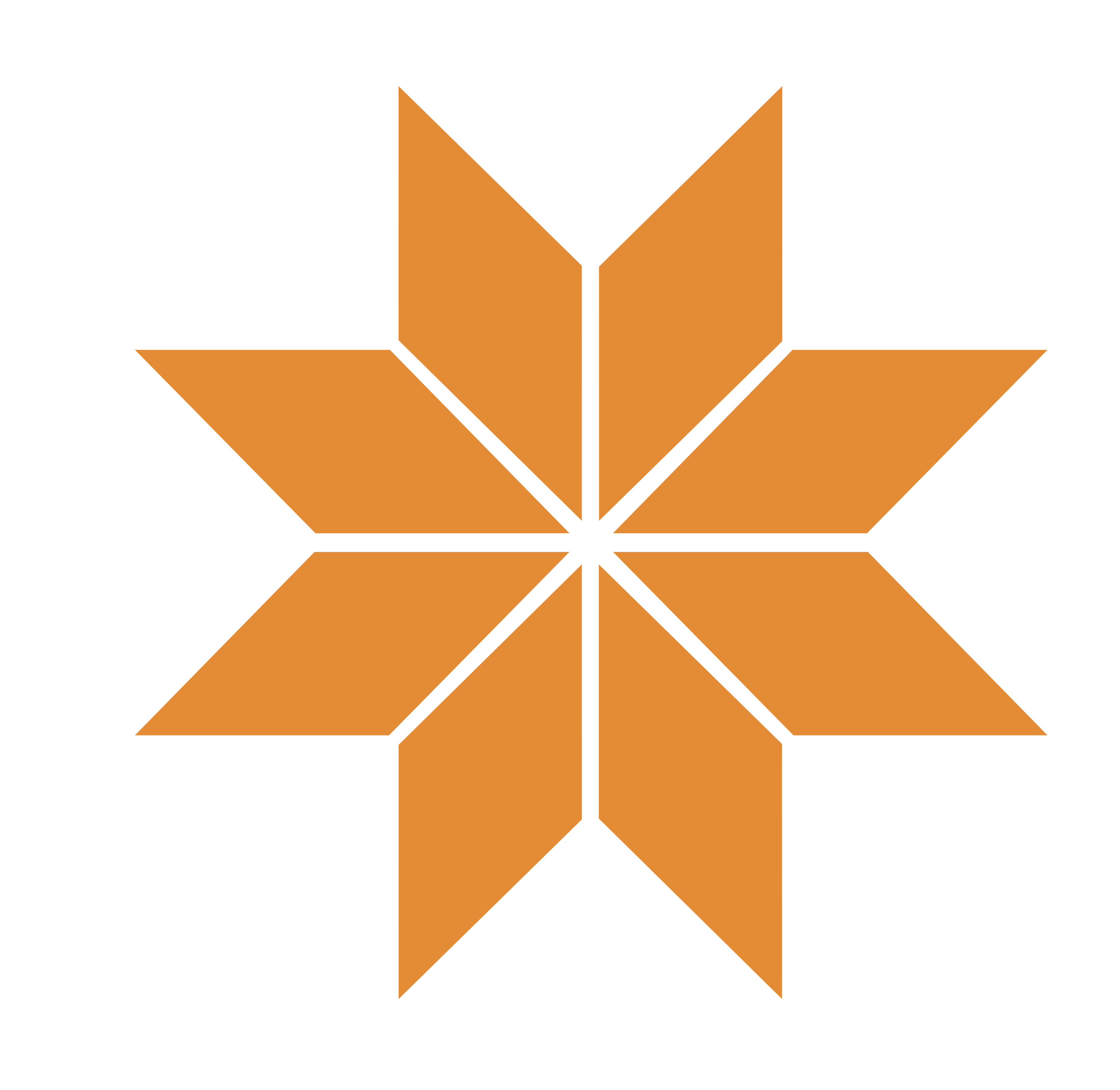
Debt Relief Help: How and When to Consolidate Your Debt
With an average annual salary of $46,744 and an average credit card balance of $8,323, many New Mexicans are struggling under the burden of high-interest revolving debt. Once you’re in the hole with credit card debt, it’s hard to break the cycle and get your card balances back to zero. Debt consolidation is one option to help you pay off your credit card debt faster, often at a lower interest rate than you currently have. In this article, we’ll cover how debt consolidation works, what to consider before deciding if debt consolidation is right for you, and the different loans you can use to consolidate debt.
What Is Debt Consolidation?
Consolidating your debt means taking out a new loan, usually at a better interest rate, to pay off more than one existing debt account, such as multiple credit card balances.
To qualify for a debt consolidation loan in New Mexico, you’ll need to have a good credit score, steady employment, and other financial factors. Not sure if you’re in good shape to qualify for debt consolidation? Our partner, Green Path, offers a free Credit Report Review to help you understand and manage your credit score and history.
What kind of debt can I consolidate?
There is no real limit on the types of debt you can consolidate. Popular examples include:
- Credit card debt
- Unsecured personal loans
- Medical debt
- Past-due utility balances or other collections accounts
- Payday loans
- Student loans
Generally, secured loans such as mortgages, home equity, and auto loans cannot be consolidated with unsecured debt. And it doesn’t make sense to do this, anyway, as secured loans usually have fairly low-interest rates to begin with. If your credit score has improved since you got your loan, or interest rates have fallen, you may be able to lower your rate and save on interest by refinancing. Learn more about mortgage refinancing or vehicle loan refinancing.
When To Consider Consolidating Your Debt
Now that you understand how debt consolidation works, you’re probably wondering if it’s right for you. Here’s when consolidating your debt may be a good option to help you meet your financial goals.
- You have a substantial amount of debt that you would not be able to pay off in a year or less.
- You have a steady income that exceeds your monthly expenses.
- Your credit score has improved since you took out the original loans and you’d like to secure a better interest rate.
- You carry a revolving monthly balance on three or more credit cards.
- You’re only making the minimum payment amount each month.
- You have a high credit utilization (the amount of your total credit limit currently in use) and have reached or are approaching your credit card limits.
- Your monthly income will allow you to pay off the consolidated debt within five years.
- You can qualify for a 0% balance transfer credit card or an unsecured personal loan.
- You have enough equity in your home to use a home equity loan or line of credit to consolidate your higher-interest debt.
- You can afford to make a higher monthly debt payment on a term loan than you’re currently paying on your credit cards.
Perhaps the most important consideration for debt consolidation is whether or not you can avoid racking up credit card debt again. Have you identified the root causes for why you accumulated your debt to begin with? What changes have you made to avoid ending up in debt again? If you consolidate your debt with a new loan, then get into more debt, you could wind up in a worse financial situation. If you need help, DNCU’s partner Green Path offers free financial counseling to our members.

Benefits of Consolidating Your Debt
Of course, debt consolidation is not your only option for dealing with revolving debt. You can find more debt repayment plan strategies in this blog article. Each strategy for paying off debt offers specific benefits. Here are the potential benefits of consolidating your debt:
- Simplified monthly payment: When you do a debt consolidation, all your outstanding debts will be combined and you will only need to make one monthly payment to one source, rather than multiple monthly payments to multiple creditors.
- Save on interest: One option for consolidating credit card debt is to use a balance transfer credit card, which usually comes with a very low-interest rate or an introductory rate of 0% for a set amount of time such as 12 to 18 months. Paying less or no interest means all or most of your monthly payment will go toward your balance, helping you pay off your outstanding debt faster.
- Pay down debt faster: If you consolidate credit card debt with a term loan, you know exactly how much time it will take to pay off your total balance, which will usually be faster than making payments toward your credit card. The faster you pay down your debt, the quicker you’ll see your credit score improve due to carrying a lower amount of debt. Improving your credit score will benefit your financial standing in many areas such as being eligible for higher loan and credit card limits, better interest rates, and more.
- Improve your credit score: Paying off your outstanding consolidated debt consistently each month will contribute to good marks for your payment history, which will help improve your credit score. Additionally, if any of your consolidated debt was from credit cards, your credit score will continue to improve with each payment you make because your overall credit utilization will be lowered with each payment. Credit utilization ratio, payment history, and length of credit accounts history are 3 categories that will greatly benefit from a consolidated debt payment each month.
- Peace of mind: Financial struggles, including dealing with debt, can be incredibly stressful. Taking action to get your debt under control through consolidation and seeing the light at the end of the tunnel can bring a sense of relief and greater peace of mind.
How To Consolidate Debt
If you’ve decided that consolidating your debt is the right course of action, you’ll need to determine which type of debt consolidation would work best for your situation. The most common options to consolidate debt are:
- Personal Loans: Choose between unsecured personal loans and share or certificate-secured personal loans, both with competitive APR. Personal loans are repaid inconsistent monthly installments over a pre-determined period of time.
- Balance Transfer: For credit card debt consolidation specifically, you can transfer some or all of the balance from one card to a new card with a low-interest introductory period. Fees may apply. This option is best if you know you can pay off the balance transfer by the end of the introductory rate period.
- Home Equity: Homeowners with enough equity can take out a loan or line of credit secured by their home equity to pay off higher-interest debt. Just remember that if you default on a home loan, you could end up losing your house.

Consolidate Your Debt with Help From DNCU!
Are you looking for the best balance transfer credit cards? At DNCU, we are committed to helping our members in Northern New Mexico make informed financial decisions and reach their financial goals through free financial advice and help, as well as low-interest debt consolidation options in New Mexico such as personal loans, low-interest credit cards with no balance transfer fees, and home equity loans or lines of credit. Schedule a complimentary consultation with our Financial Planning partner, Green Path, to help you create a debt management and repayment plan or apply for a DNCU Credit Card to transfer outstanding balances and consolidate debt for a low monthly rate! Not a DNCU member? It’s easy to switch.
Disclaimer: This article is for informational purposes only. For advice regarding your specific financial situation, please consult a financial planner or a trusted financial professional.


